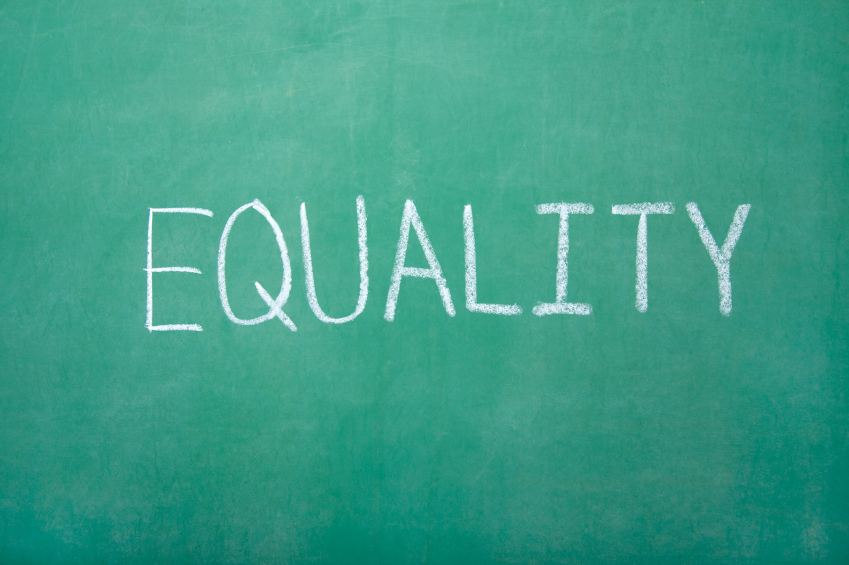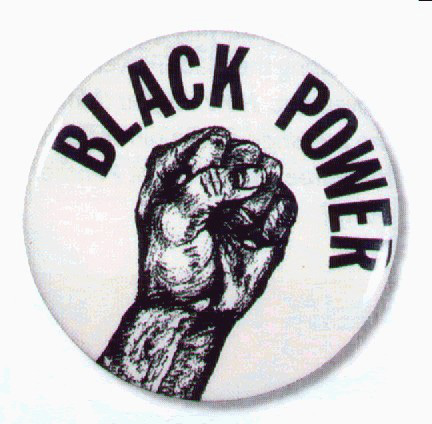What Is Black Economic Empowerment (BEE)

Black Economic Empowerment (BEE) is a programme launched by the South African government to redress the inequalities ofApartheid by giving certain previously disadvantaged groups (Blacks, Coloureds, Indians, and Chinese who arrived before 1994)[1] of South African citizens economic privileges previously not available to them. It includes measures such as Employment Preference, skills development, ownership, management, socioeconomic development, and preferential procurement.
If your business falls into this category it automatically qualifies as a 100% contributor towards BEE and you will receive a Level 4 BEE certificate. Businesses that have a Black Shareholding of more than 50% will qualify as 110% BEE contributors and will receive a Level 3 BEE certificate.
Qualifying Small Enterprises
If your business falls into this category then it is measured against a QSE BEE Scorecard. This scorecard allows a business to be measured against the relevant Sector Code or the BBBEE Codes of Good Practice. The measured entity may select four of the seven elements on which to be rated; each element contributing 25% to the total score.
Generic Enterprises
If your business falls into this category then it is measured against a Generic BEE Scorecard.Your verification is, measured in terms of all seven elements of BEE.There are 7 elements on a BEE Scorecard :
- Ownership – measures the effective ownership of enterprises by black people
- Management Control – measures the effective control of enterprises by black people
- Employment Equity – measures initiatives intended to achieve equity in the workplace
- Skills Development – measures the extent to which employers carry out initiatives designed to develop the competencies of black employees
- Preferential Procurement – measures the extent to which enterprises buy goods and services from suppliers with strong BEE procurement recognition levels
- Enterprise Development – measures the extent to which enterprises carry out initiatives intended to assist and accelerate the development and sustainability of black entrepreneurs or enterprises
- Socio-economic Development – measures the extent to which enterprises carry out initiatives that contribute towards Socio-Economic Development that promote access to the economy for black people
Each element is given a value in points.There are a total of 100 points available on the overall performance of the measured entity, using either the Generic or the QSE Scorecard, it receives a BEE Level as follows:
| Level One Contributor | > / = to 100 points on the Scorecard |
| Level Two Contributor | > / = to 85 but < 100 points on the Scorecard |
| Level Three Contributor | > / = to 75 but < 85 points on the Scorecard |
| Level Four Contributor | > / = to 65 but < 75 points on the Scorecard |
| Level Five Contributor | > / = to 55 but < 65 points on the Scorecard |
| Level Six Contributor | > / = to 45 but < 55 points on the Scorecard |
| Level Seven Contributor | > / = to 40 but < 45 points on the Scorecard |
| Level Eight Contributor | > / = to 30 but < 40 points on the Scorecard |
| Level One Contributor | non-compliant < 30 points on the Scorecard |
Critics argue that BEE’s aim was to attempt to create equality of the workforce of South Africa as a whole by enforcing the advantaging of the previously disadvantaged and the disadvantaging the previously advantaged. This results in businesses having to consider the race and social background of any potential applicant instead of making decisions purely based on qualifications and experience,[10] resulting in a system in which one’s race is often the determining factor in finding employment.
Instead of using this type of policy, it has been shown by critics[who?] that a policy of qualification equality should be used. This would allow businesses to focus on employing the person with the highest qualifications, the most experience and the best recommendations. To allow previously disadvantaged individuals to achieve these qualifications and experience, critics of BEE say that the government should place more emphasis on secondary and tertiary education, as well as subsidising companies wishing to employ entry level applicants, or fund tertiary education for students from previously disadvantaged communities.
In response to criticism, the South African Government launched Broad Based Black Economic Empowerment which is the current gazetted framework for addressing Black Empowerment beyond enriching a few, but with little effect.
BEE has also been criticised for creating a brain drain, where the qualified white expertise is emigrating to countries where they would not be discriminated against. Inkatha Freedom Party leader Mangosuthu Buthelezi is a strong critic of BEE and supports this view. He has stated that “the government’s reckless implementation of the affirmative action policy is forcing many white people to leave the country in search of work, creating a skills shortage crisis”.[11] Warning that South Africa is sitting on a “powder keg,” Archbishop Desmond Tutu argued that Black Economic Empowerment only serves a few black elite, leaving millions in “dehumanising poverty”.[12]






